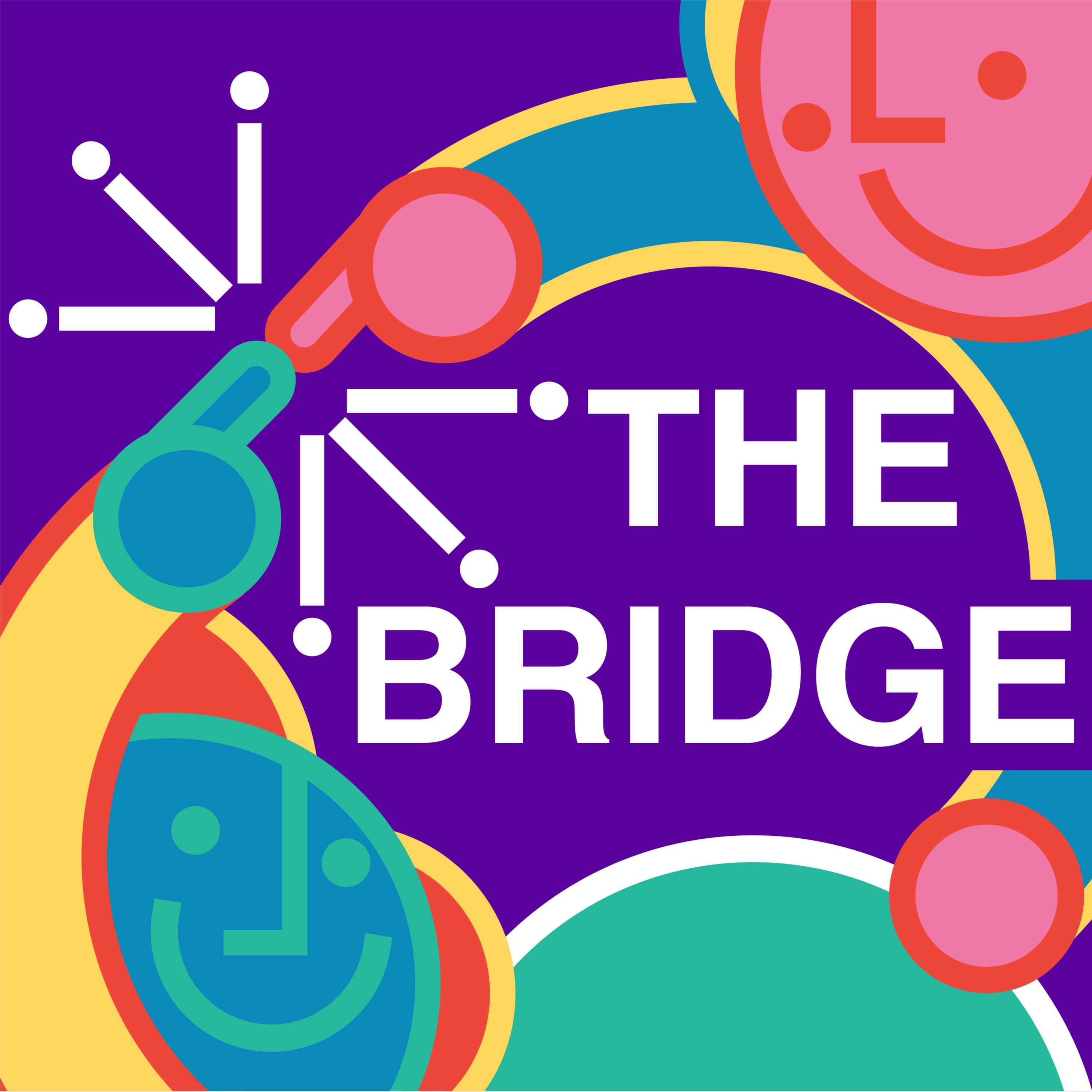
Deep Dive
What made Roberta Lipson decide to start a business in China in 1979?
Roberta Lipson was fascinated by the unfolding history and potential of China, which was just beginning to open up to the outside world. She started studying Chinese history and language in the early 1970s, driven by the excitement of being part of the U.S.-China dialogue and the opportunities it presented.
What was Beijing like in the 1980s before the economic reforms?
In the 1980s, Beijing was a sea of bicycles and dust storms, with a very different atmosphere from today. Restaurants were state-owned and closed by seven o'clock. The city felt full of potential, with everything needing to be done and a sense of excitement about the future.
What was the initial focus of Roberta Lipson's business in China?
Roberta Lipson's initial business focused on importing medical technology and training Chinese doctors to use new medical equipment. She started by bringing in equipment and teaching doctors about diagnostic techniques, which eventually led to the founding of Chindex, a company that became a major player in medical equipment distribution.
Why did Roberta Lipson decide to open a hospital in Beijing?
Roberta Lipson decided to open a hospital in Beijing to meet the medical needs of the expatriate community and to serve as a platform for Chinese doctors and policymakers to see a different model of healthcare delivery. She was motivated by the stark differences in healthcare quality between China and the West, particularly after accompanying a friend through childbirth in a public hospital.
What unique services does United Family Healthcare provide in China's healthcare system?
United Family Healthcare offers a totally appointment-based system, ensuring minimal waiting times and preserving patient privacy. They also tap into global talent and technology, allowing patients to access the best expertise worldwide, and maintain a unified system across their facilities in different cities, ensuring consistent care and medical records.
What role does the American Chamber of Commerce in China play in U.S.-China relations?
The American Chamber of Commerce in China serves as a platform for American and Chinese businesses to discuss their goals and challenges, and works to bring these issues to both governments to find solutions. It acts as a stabilizing force in the U.S.-China relationship, especially during challenging times, by maintaining dialogue and promoting understanding.
What advice does Roberta Lipson give to young American entrepreneurs considering entering the Chinese market?
Roberta Lipson advises young American entrepreneurs to be creative and seize the opportunities that arise during challenging times. She emphasizes that despite slower economic growth, China remains a huge and growing market with significant potential for foreign investment and innovation.
What challenges did Roberta Lipson face when taking her company public in the United States in the 1990s?
When Roberta Lipson took her company public in the U.S. in the 1990s, she faced the challenge of explaining the Chinese market to Wall Street, which had no prior experience with Chinese companies. Despite this, her company was able to raise capital and open its first hospital, setting a precedent for Chinese companies going public in the U.S.
What is the history of the Jewish community in China?
The Jewish community in China has a long history, with Jews traveling to China as early as the Tang Dynasty. They settled in cities like Kaifeng, Harbin, and Shanghai, contributing to various fields including real estate, healthcare, and the arts. During World War II, Shanghai provided refuge to Jews fleeing the Holocaust, saving many lives.
What advice does Roberta Lipson give to Chinese people to better understand the United States?
Roberta Lipson advises Chinese people to keep an open mind and see Americans as individuals rather than political stereotypes. She encourages maintaining people-to-people contact through student exchanges, travel, and tourism to foster mutual understanding and maintain the fragile thread of friendship between the two nations.
- Roberta Lipson's background in history and Chinese studies.
- Her arrival in Beijing in 1979.
- The early days of US-China relations and their impact on her decision to move to China.
Shownotes Transcript
We're joined by Roberta Lipson, Chairman of the American Chamber of Commerce in China. We ask her about her 40+ years in China and founding United Family Healthcare. She explains how we can deepen the US-China friendship. Hosted on Acast. See acast.com/privacy) for more information.
